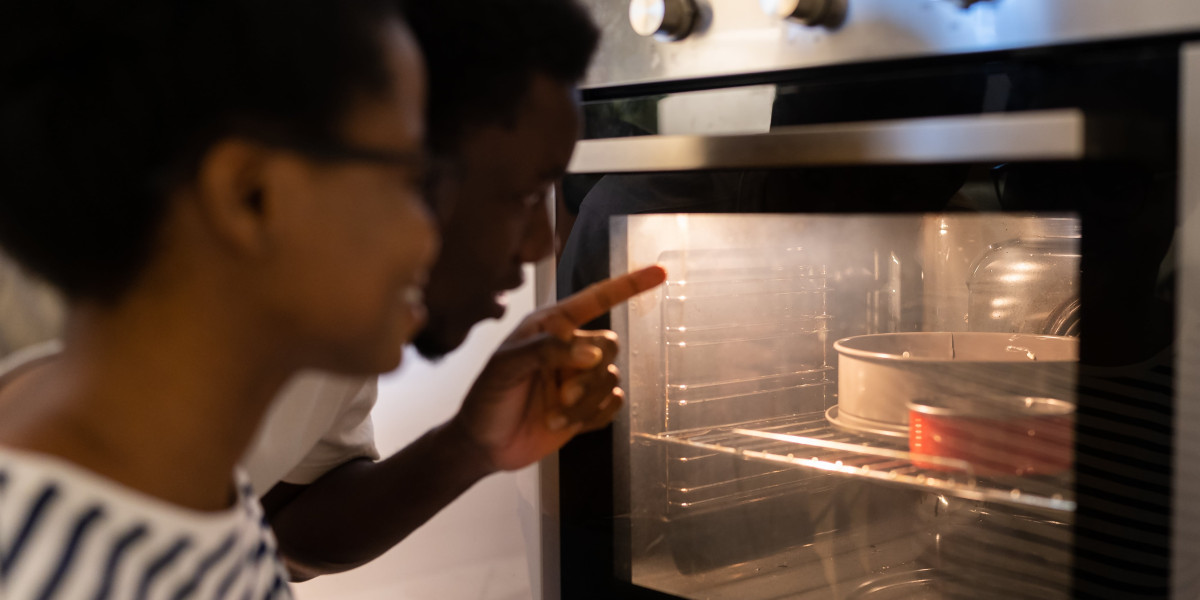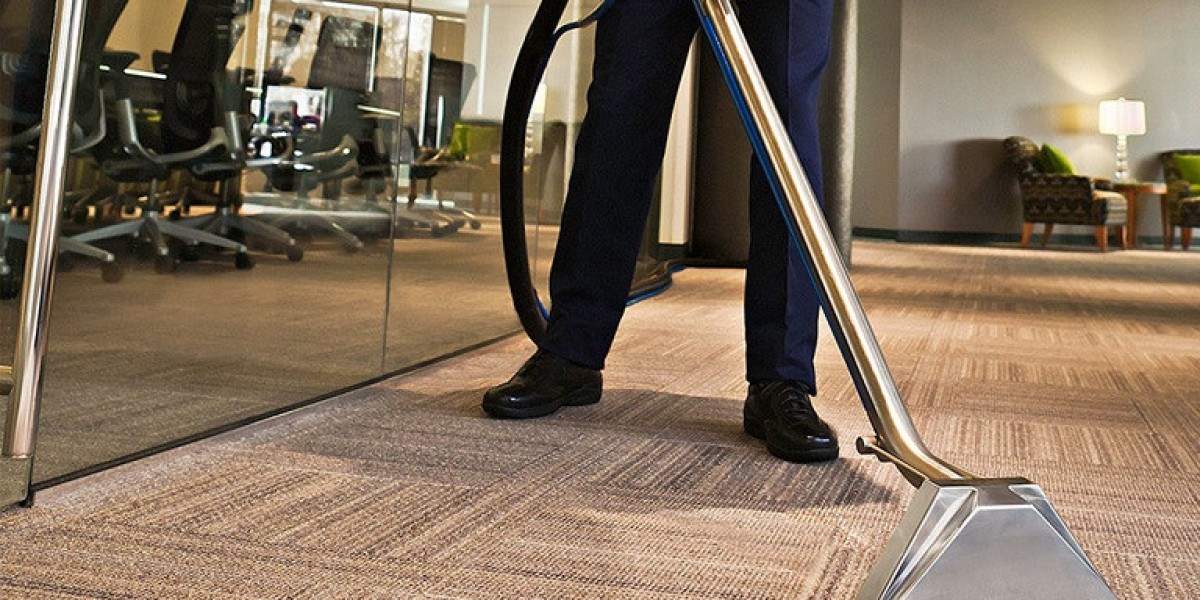Understanding Built-in Range Ovens: A Comprehensive Guide
Built-in range ovens have ended up being a staple in modern-day kitchen areas, using a smooth blend of performance and style. These appliances not only enhance the aesthetic appeal of any kitchen area however likewise enhance cooking performance. This article will explore the numerous elements of built-in range ovens, including their functions, types, advantages, installation factors to consider, and upkeep tips.
What is a Built-in Range Oven?
A built-in range oven is an appliance that combines a stove and an oven into a single unit developed to be integrated into the kitchen cabinetry. Unlike standalone ovens, built-in varieties are developed to offer a more custom look and frequently featured a variety of features that accommodate both amateur cooks and experienced chefs. These units can be powered by gas or electrical energy, with each type offering different benefits.
Functions of Built-in Range Ovens
Built-in range ovens come with a plethora of functions that add to their popularity. A few of these consist of:
- Self-Cleaning Options: Many built-in ovens come equipped with self-cleaning cycles, making upkeep much easier.
- Smart Technology: Features like Wi-Fi connectivity and app-controlled cooking programs allow users to manage their ovens from their mobile phones.
- Convection Cooking: Many built-in ovens have convection fans that circulate hot air for consistent and even baking.
- Numerous Cooking Modes: Options such as steam cooking, broiling, and traditional baking provide adaptability in cooking methods.
Types of Built-in Range Ovens
When it comes to built-in range ovens, there are 2 primary types: gas and electric. Below is a contrast of their key functions:
| Feature | Gas Range Oven | Electric Range Oven |
|---|---|---|
| Heating Method | Flames produced by burning gas | Electric heating components |
| Temperature level Control | Immediate heat control | Consistent and stable heat |
| Setup | Needs gas line | Requires electrical outlet |
| Upkeep | Can be more challenging to tidy | Typically easier to clean up |
| Cooktop Performance | High heat for fast searing | Even heating for baking |
Advantages of Built-in Range Ovens
Built-in range ovens provide a number of benefits, making them a sought-after option for numerous house owners. These benefits consist of:
- Space Efficiency: Built-in styles maximize counter area, making kitchen layouts more efficient.
- Visual Appeal: They provide a customized, professional want to the kitchen, integrating perfectly with cabinets and countertops.
- Increased Property Value: High-quality AEG 6000 Built-In Electric Double Oven - Buy Now appliances can boost the value of a home.
- Boosted Cooking Experience: Features such as convection cooking and clever innovation make cooking more enjoyable and effective.
- Energy Efficiency: Modern built-in ovens often utilize energy-saving innovations which lower power intake.
Setup Considerations
Correct installation is essential for built-in range ovens. Here are some crucial elements to consider:
- Space Requirements: Measure the readily available area in the kitchen to make sure that the built-in inbuilt oven fits perfectly within cabinetry.
- Electrical/Gas Connections: Ensure that the proper connections are available. For gas ovens, a gas line need to be available; for Hotpoint Newstyle Electric Double Oven - Sleek Black ovens, a devoted circuit is required.
- Ventilation: Adequate ventilation is important, especially for gas models, to avoid the accumulation of damaging gases.
- Professional Installation: It is a good idea to have actually the oven set up by a professional to adhere to safety requirements and maker standards.
Upkeep Tips
Maintaining a built-in range AEG SurroundCook Double Oven - 61L Capacity is vital for its durability and performance. Here are some tips to keep your home appliance in top condition:
- Regular Cleaning: Clean spills and discolorations right away to prevent them from ending up being tough-to-remove residues.
- Self-Clean Cycle: Utilize the self-clean function frequently to keep the interior.
- Examine Seals: Inspect door seals to guarantee they are airtight and replace them if necessary.
- Expert Servicing: Schedule routine upkeep contact qualified service technicians to guarantee optimal performance.
Frequently asked questions
What sizes do built-in range ovens been available in?
Built-in range ovens usually are available in basic widths of 24, 30, and 36 inches. It is essential to determine your kitchen area to select the suitable size.
Are built-in range ovens more costly than freestanding designs?
Yes, built-in range ovens tend to be more pricey due to their custom-made design and installation requirements. Nevertheless, their advantages often justify the financial investment.
Can I install a built-in range oven myself?
While it is possible for experienced DIY-ers, it is typically suggested to hire an expert for proper installation and security compliance.
How do I pick in between a gas and electric built-in range oven?
Selecting in between gas and electric mostly depends upon individual cooking choices and the existing infrastructure of your kitchen. Gas cooktops offer instant heat control, while electric cooktops offer even warming.
Are built-in range ovens energy-efficient?
Many modern built-in range ovens are developed with energy-saving functions, making them efficient options for the environmentally mindful consumer.
Built-in range ovens present a captivating blend of performance, benefit, and style. Their ability to elegantly incorporate within kitchen design makes them an enticing option for homeowners seeking to improve their cooking experience. By understanding their features, benefits, and upkeep needs, consumers can make informed choices when purchasing this essential kitchen device. Preparation for correct setup and routine maintenance will guarantee that your built-in range oven serves you well for several years to come.









